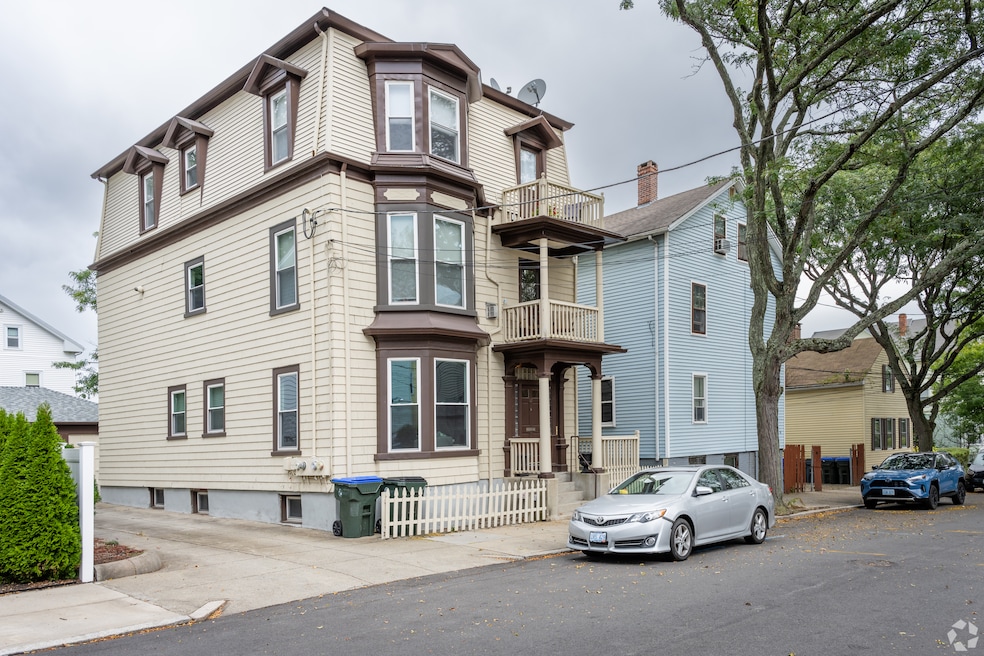Rhode Island’s governor signed a flurry of bills into law in July to encourage housing production. These included making it easier to build townhouses in residential areas and classifying three—and four-family homes as housing rather than commercial.
Gov. Dan McKee also backed legislation that requires cities and towns to allow housing in some business districts and lets property owners split large house lots into smaller ones, as long as the new parcels are sized similarly to others in the neighborhood. He also signed a bill that exempts towns from the state’s cap on total taxes collected if the additional revenue is partly from new affordable housing.
Rhode Island House of Representatives Speaker K. Joseph Shekarchi said in a statement that this was the fifth year in a row that he had introduced a suite of legislation to address the state’s housing shortfall.
“Too many communities have become more and more restrictive about how much and what types of housing they’ll allow to be constructed,” Shekarchi said in the statement. “We are still chipping away at the barriers that have made development in Rhode Island more costly and cumbersome than necessary.”
He added that it was “unacceptable” that a U.S. Census report earlier this year found that the Ocean State had one of the country's slowest housing growth rates.
The townhouse law requires local government to designate areas where the attached single-family style is allowed and blocks them from putting restrictions on how many are allowed in an area that it wouldn’t also place on detached single-family houses. For instance, a town can’t limit the number of bedrooms in a unit to less than three or require more than two off-street parking spaces.
“Legalizing townhomes in communities across Rhode Island will put more homeownership opportunities within reach of teachers, young adults just starting their families, and older neighbors who are looking to downsize,” Greg Miller, treasurer of advocacy group Neighbors Welcome Rhode Island, and Monica Teixeira de Sousa, housing policy clinic director at Roger Williams University School of Law, said in an opinion piece in Rhode Island Currents.
The writers also praised a legal change that they said means “triple-deckers,” as three-family buildings are popularly known in the state, will no longer be subject to the same commercial building code rules applied to high-rise apartment buildings, shopping malls and hospitals.
Rhode Island has a law that bars local governments from increasing the total tax revenue they collect by more than 4% from one year to the next. Intended to protect taxpayers, the cap can have the unintended effect of punishing towns if they allow new housing construction that generates additional tax revenue, State Rep. Jacob Bissaillon said in a statement on the state legislature’s website. He co-sponsored a bill the governor signed to exclude housing revenue from the tax cap for up to three years.
“The tax cap is meant to prevent unwarranted growth of municipal budgets, not to discourage development in any way,” he said. “Ultimately, this change supports the affordable housing development we very much need in Rhode Island.”

